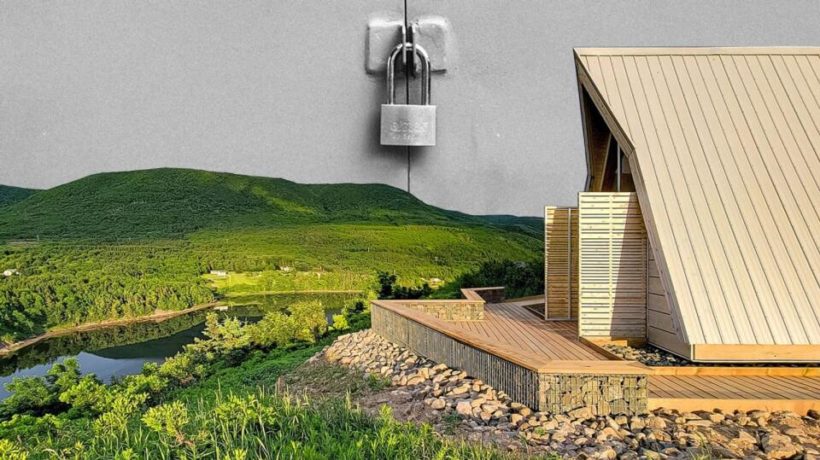Airbnb announced a number of new safety and product upgrades Wednesday as the home-sharing giant looks to attract even more hosts to the platform and sign up more guests.
The vast majority of users booking reservations on the platform will need to verify their identity moving forward (something that some hosts already require before accepting a reservation). The feature, which asks for credentials like valid government IDs or legal name and address, will be rolled out to the top 35 countries and regions on Airbnb, which the company says make up 90% of reservations.
“Most people don’t realize this, but 80% of our [active] guests and hosts are already verified,” Tara Bunch, Airbnb’s head of global operations, said in an interview with Fast Company. “As we sought input from guests and hosts, what we heard was that they want to see us identity-verify everyone. So as we’ve built our tools and really understood what it took to identity-verify in all these countries, we feel like we’re in a position now where we can roll this out in a few that’s reasonably seamless and integrated in the product.”
Airbnb is also launching its anti-party technology in the U.S. and Canada following an initial pilot in August that Bunch says proved successful. The feature, which is meant to curb disruptive and dangerous events, weighs factors including a user’s history of positive reviews and history with the service, length of the requested booking, and time of week for the booking to determine whether the booking is safe. If not, the guest is barred from booking that spot and can get only a private room in a home or a hotel room, where it’s less likely one can throw a party. The feature is already fully implemented in Australia and is slated to roll out globally in the spring.
Soon, homeowners looking to list their house on the site will have the ability to automatically connect with a superhost, which is what Airbnb calls highly rated listers, to talk through those first listings. The company will match users with a superhost located in a similar area and offering a similar listing so that the person can help with things like pictures or what to offer their first guests. The pair will be connected via messaging or through an in-app Zoom integration throughout their first listing.
Airbnb will pay superhosts who help a first-time lister by offering a small percentage of earnings, but declined to comment on a range. Hosts can also choose to rent their first booking only to a guest who has stayed in at least three other Airbnbs and has a good track record.
The company is also upping its damage protection rates to $3 million from $1 million, and will now cover autos, boats, art, and other valuables at their appraised values. For people who need to file claims, the company says it’s making that damage protection system easier and simpler.
“One of the things we’re trying to do is get more and more everyday people to put their homes on Airbnb,” CEO Brian Chesky said in a briefing with reporters. “It’s not a zero-sum game,” he added. “The more supply we have, the more guests we have. I think if we add more hosts, we’ll get more demand.”
While not necessarily an “everyday” user, Chesky is listing a private room in his own San Francisco home on the platform (for no cost). “I think that was just a helpful way to put myself in the shoes of somebody saying, ‘Well, what would I want to be able to protect me and put my home on Airbnb?’”
Airbnb has benefited from the strong return to travel following the easing of COVID-19 restrictions. Simultaneously, the company is seeing strong growth rates among new hosts as people look to fight off high inflation rates. “We have seen a lot of people being more interested than ever before in hosting to defray the cost of living,” Chesky said. “I think the softer the economy, the more people want to put their homes on Airbnb.”







